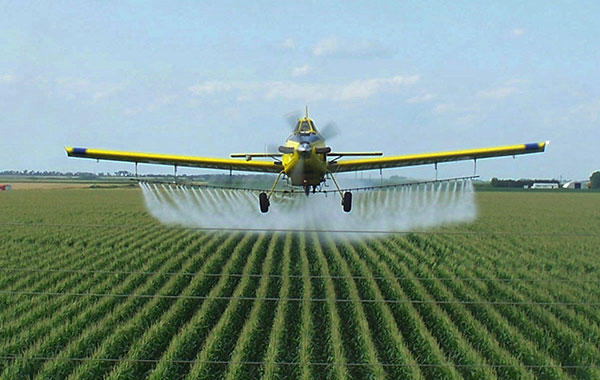APVMA concludes glyphosate does not pose a cancer risk to humans
 |
Given the APVMA’s conclusive findings, there are no grounds to place glyphosate under formal reconsideration. The full proposed regulatory position report is available on the APVMA website.
The APVMA evaluated the IARC report and other contemporary scientific assessments as part of an established chemical review nomination process. The weight-of-evidence evaluation included a commissioned review of the IARC monograph by the federal Department of Health and risk assessments undertaken by expert international bodies and regulatory agencies. This review by the Department of Health was conducted in two phases.
The APVMA is inviting comments and suggestions on the scientific justification for the proposed regulatory position on glyphosate. Comments on this report will be assessed by the APVMA (and partner agencies where required) before the Final Regulatory Position Report is published. CropLife Australia will be engaging with the CropLife Crop Protection Committee and making a submission to the proposed regulatory position report accordingly.
The APVMA’s conclusion builds on numerous assessments of glyphosate by other regulators around the world, including by the Joint FAO/WHO Meeting on Pesticide Residues (JMPR), European Food Safety Authority (EFSA), Health Canada’s Pest Management Regulatory Agency (PMRA), the United States Environmental Protection Agency (US EPA), and most recently the New Zealand’s Environmental Protection Authority (EPA). All concluding that glyphosate was unlikely to cause cancer in humans.
Reports claiming that glyphosate has been banned in some countries are incorrect; to date, no international regulator has banned the use of glyphosate in any country following the IARC re-classification.
What the stars mean:
★ Poor ★ ★ Promising ★★★ Good ★★★★ Very good ★★★★★ Exceptional
Latest News
More News
- France supports Vietnam’s growing role in international arena: French Ambassador (January 25, 2026 | 10:11)
- Foreign leaders extend congratulations to Party General Secretary To Lam (January 25, 2026 | 10:01)
- Russian President congratulates Vietnamese Party leader during phone talks (January 25, 2026 | 09:58)
- Worldwide congratulations underscore confidence in Vietnam’s 14th Party Congress (January 23, 2026 | 09:02)
- Political parties, organisations, int’l friends send congratulations to 14th National Party Congress (January 22, 2026 | 09:33)
- 14th National Party Congress: Japanese media highlight Vietnam’s growth targets (January 21, 2026 | 09:46)
- 14th National Party Congress: Driving force for Vietnam to continue renewal, innovation, breakthroughs (January 21, 2026 | 09:42)
- Vietnam remains spiritual support for progressive forces: Colombian party leader (January 21, 2026 | 08:00)
- Int'l media provides large coverage of 14th National Party Congress's first working day (January 20, 2026 | 09:09)
- Vietnamese firms win top honours at ASEAN Digital Awards (January 16, 2026 | 16:45)
















 Mobile Version
Mobile Version